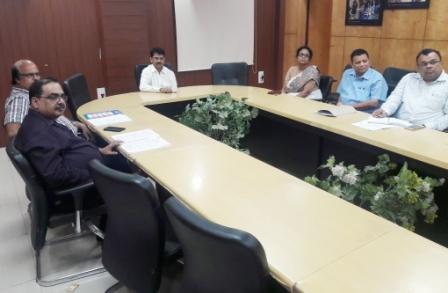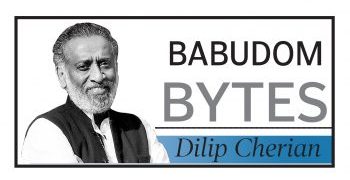Bhubaneswar: Health and Family Welfare Department Secretary Pramod Kumar Meherda Friday asked the SCB Medical College and Hospital (SCBMCH) to start an unit of the State Organ and Tissue Transplant Organisation (SOTTO) soon at the hospital after the Centre gave approval to the SCB Medical College and Hospital (SCBMCH) and sent funds for the year 2019-20 to kick-start cadaveric organ transplantation at the SCB.
Chairing a review meet Friday at the Secretariat, Meherda asked SCB officials, including SCB Superintendent CBK Mohanty, to start recruitment of employees for SOTTO, and buy the required equipment and medicines at the Nephrology Department. The Union Health and Family Welfare Ministry had sent Rs 42.84 lakh for 2019-20 for starting SOTTO.
Earlier, sources said that a high-level meeting regarding this will be held at New Delhi to discuss the modalities.
A team of the National Organ and Tissue Transplant Organisation (NOTTO) will also visit SCB to take forward the process.
Organs like kidney, liver, pancreas, lungs and cornea of brain-dead patients are harvested for patients requiring them in cadaveric transplantation.
“Brain-dead people are kept alive on artificial life support system and if the system is removed the patient dies. Two independent teams of doctors will be formed to declare if a person is brain-dead. A standard operating procedure (SOP) will also be formulated. One team will declare whether a patient is actually brain-dead, while the other would examine the patient for confirmation after six hours of the declaration,” a senior SCB official said, adding that consent of the families of the brain-dead will be of paramount importance for transplantation.
Sources said the SCB has successfully carried out kidney transplants from March 19, 2012. “Since then renal transplantations have been done on 160 patients,” SCB Urology Department head Datteswar Hota said.
SCB Nephrology Department head Chittaranjan Kar said the acute shortage of organs for transplantation is one of the major reasons for deaths.
“Odisha registers at least 1,500 road accident deaths a month. If 10 per cent of these victims are declared brain-dead, and the organs of half of them are used for transplantation, then at least 75 patients would get a new lease of life,” Kar said.







































